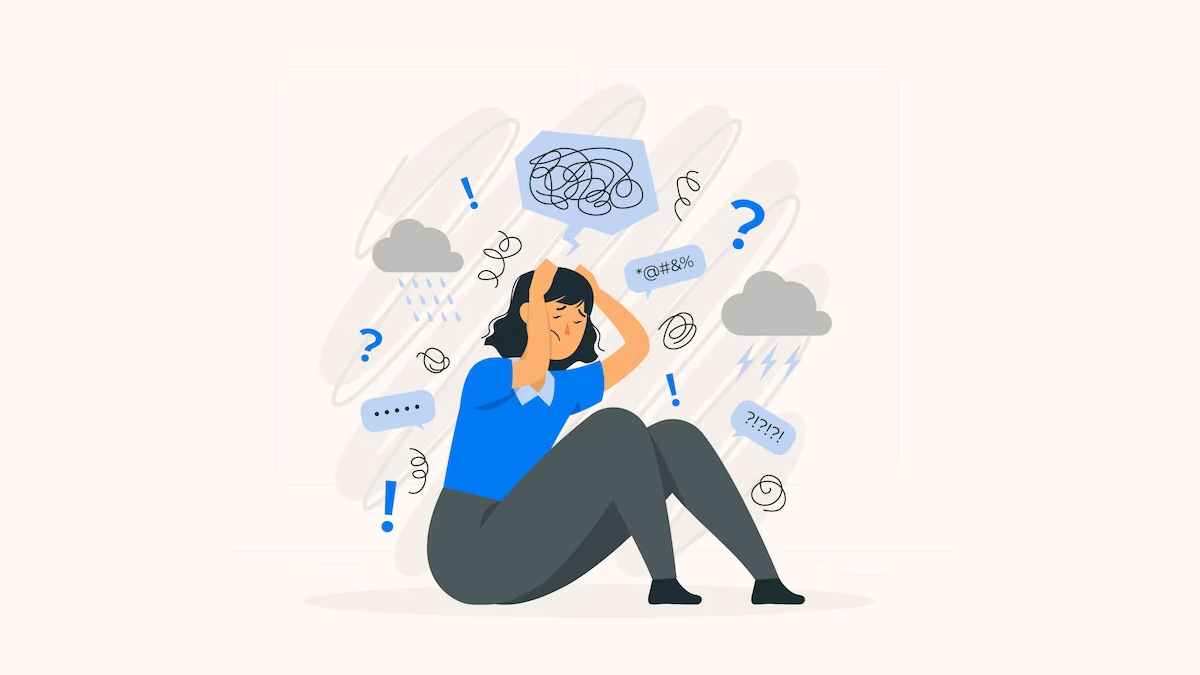Millions of people suffer from anxiety every year. This mental health condition is quite common but often goes unnoticed. We brush off its symptoms saying ‘life is hard’ or ‘ups and downs are part and parcel of life’. But do you know that many also suffer from anxiety disorder, where they experience worry and fear at intense and excessive levels?
People experiencing it often find themselves at the loss of words to express the condition. Rohini Kesavan Rajeev, Senior Psychotherapist and Founder, The Able Mind, spoke to HerZindagi and said that certain people are more likely to suffer from anxiety disorder than others.
Do you know that according to a report published by the World Health Organization on September 27, 2023, anxiety disorders affected 301 million people around the world in 2019? Therefore, psychotherapist Rajeev shared a few ways to cope with the condition.
What Is Anxiety Disorder?
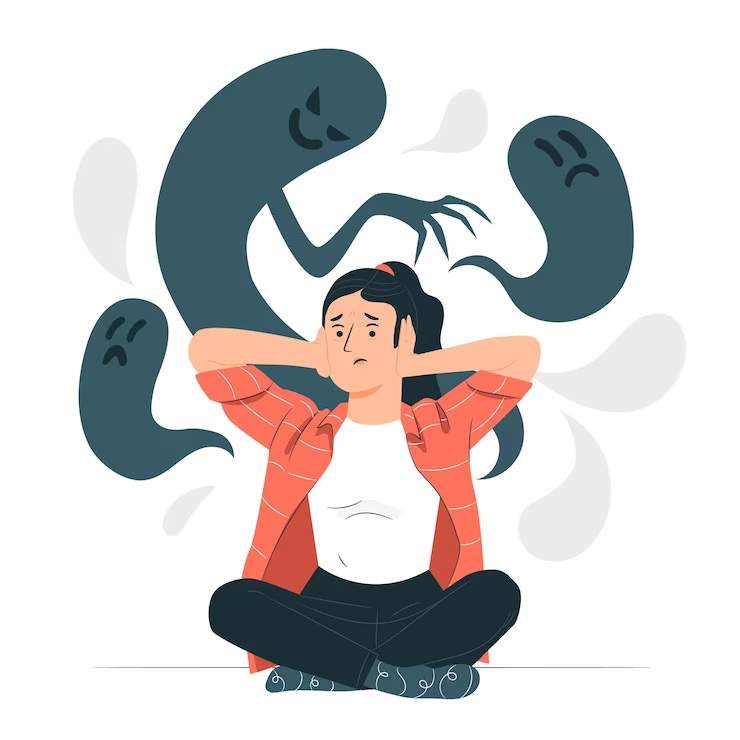
The psychotherapist said that anxiety disorder is followed by excessive fear and worry, and it can present as,
- Panic disorder in which that patient would get panic attacks
- Social anxiety disorder in which the person feels excessively stressed and frightful in social setups
- Separation anxiety disorder in which people feel extremely anxious or fearful about separating from their loved ones
There can be other situations as well in which negative thoughts and feelings can overpower a person and affect them adversely.
What Are The Symptoms Of Anxiety Disorder?
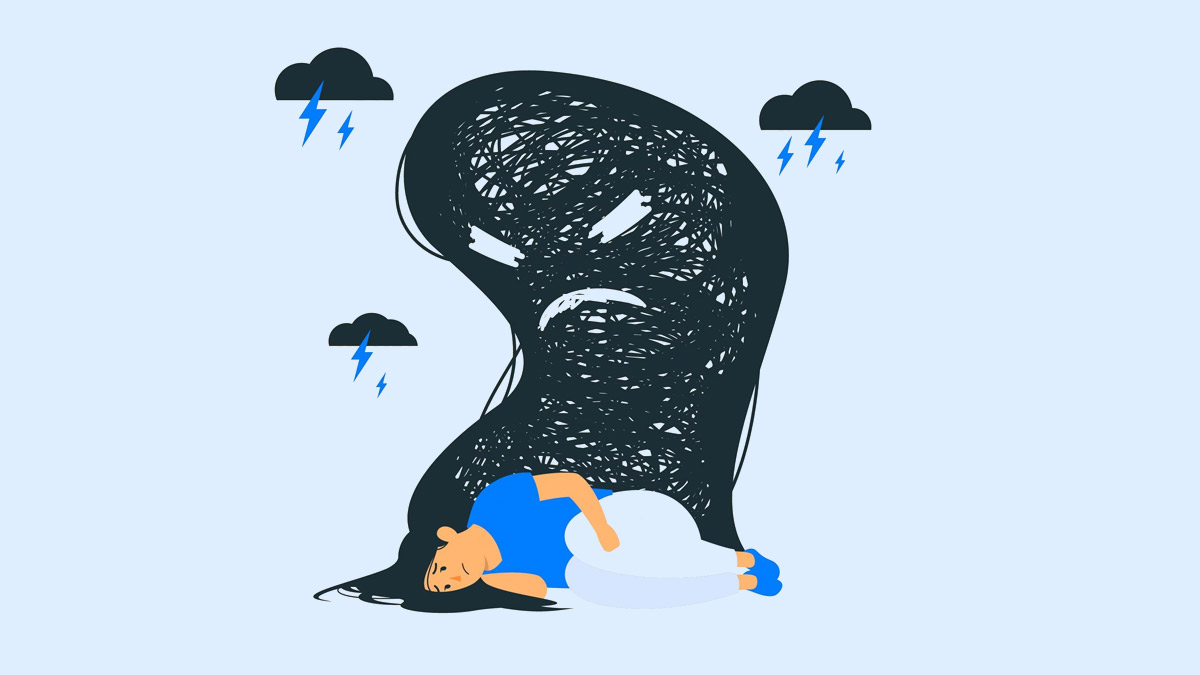
According to the expert, people suffering from anxiety disorder experience a range of negative emotions, including fear and worry. He added, “However, for symptoms of anxiety to be called a disorder the symptoms need to be severe, last much longer than the situation that brought it on and impairs everyday functioning, thus, causing severe distress in a person.”
How To Cope With Anxiety Disorders?
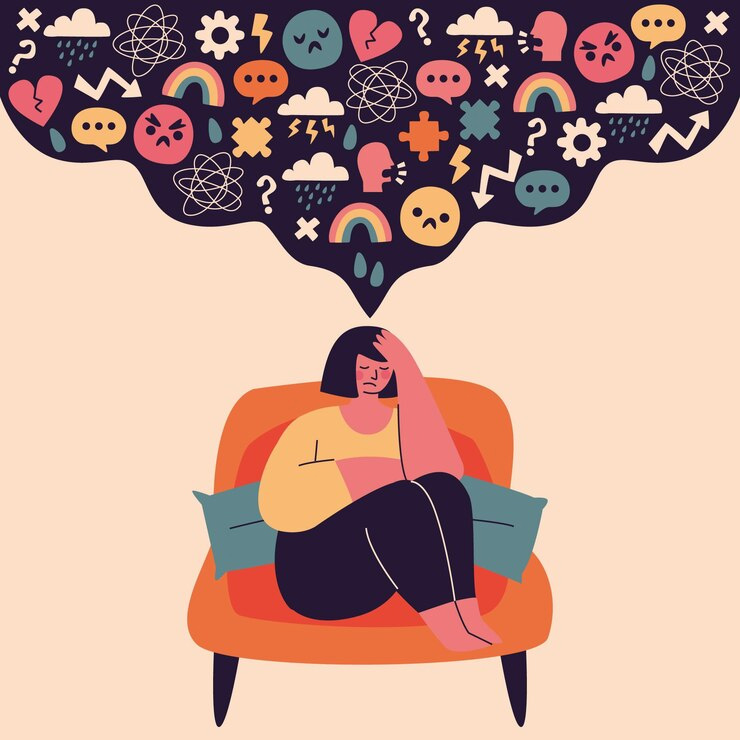
The expert said that there are a few ways to deal with any mental health (How Loneliness Can Affect Sleep Pattern) condition, but a person has to find what works for them. They must consult a healthcare professional who performs psychotherapy and prescribes medication if the condition is serious. They can help you identify triggers and suggest ways to tackle situations.
Here are a few ways to cope with anxiety disorder,
- Ground yourself when you are feeling anxious and overwhelmed. The expert suggested trying the 5-4-3-2-1 technique to recall and realise your surroundings. For example, notice five things around you, touch four things, try to hear three sounds, identify at least two scents, and taste one thing. If your friend or loved one is experiencing these things, ask them to lie down on the floor and help them with this technique.
- You can also practice square breathing or the 5555 technique to calm yourself down. When you are feeling anxious, close your eyes, and focus on your breathing by putting one hand on your chest and the other on your abdomen. When you focus on the up and down movements of the abdomen, it will help you divert your mind. You must breathe through your mouth, hold for five counts, and exhale while counting till five again.
- The third technique includes splashing cold water on the face of an anxious person a few times to calm them down. The expert said, “It helps to reset the hyper-aroused sympathetic nervous system and regulate one's heart rate and breathing.”
Who Is More Likely To Experience Anxiety Disorder?
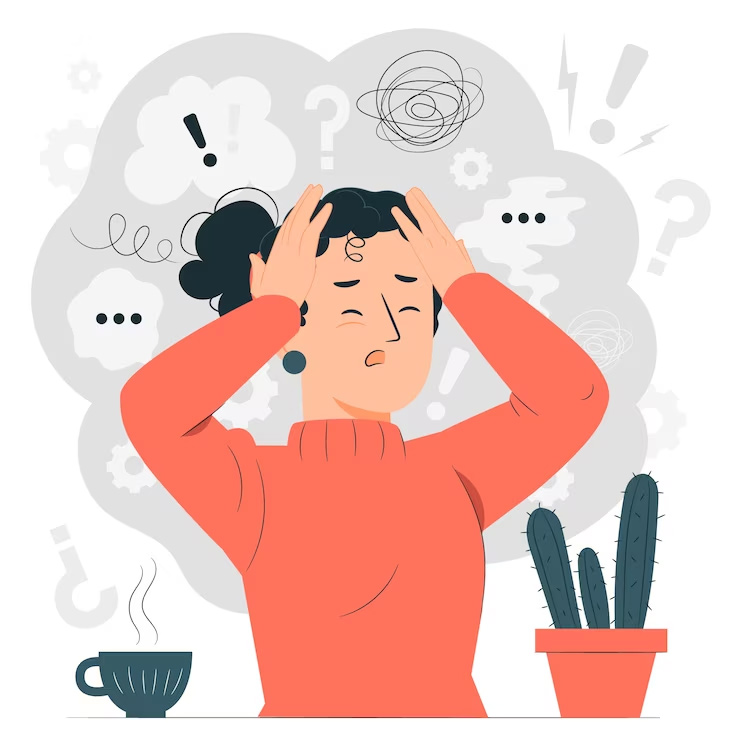
Psychotherapist Rajeev said that there is a section of people who are more likely to experience anxiety (How To Cope With Anxiety) disorders than others. This includes,
- People with a traumatic past or childhood
- People who constantly find themselves in adverse situations
- People who struggle with a poor sleep pattern, have unhealthy lifestyles and possess lower resilience
- People who have experienced atrocities because of discrimination on the basis of caste, class, race, different abilities, displacement, gender, sexuality, etc.
It is important to note that you offer a comfortable space to a loved one struggling with anxiety disorder. If you need a safe place and cannot find it, you must consult a therapist who can guide you through this difficult phase.
